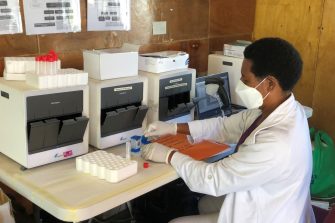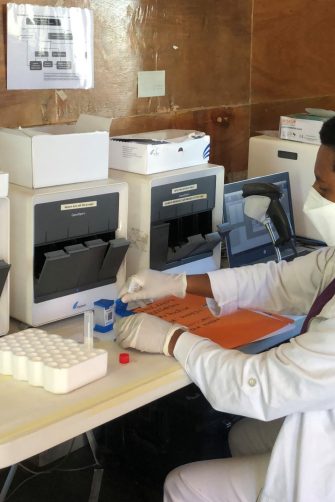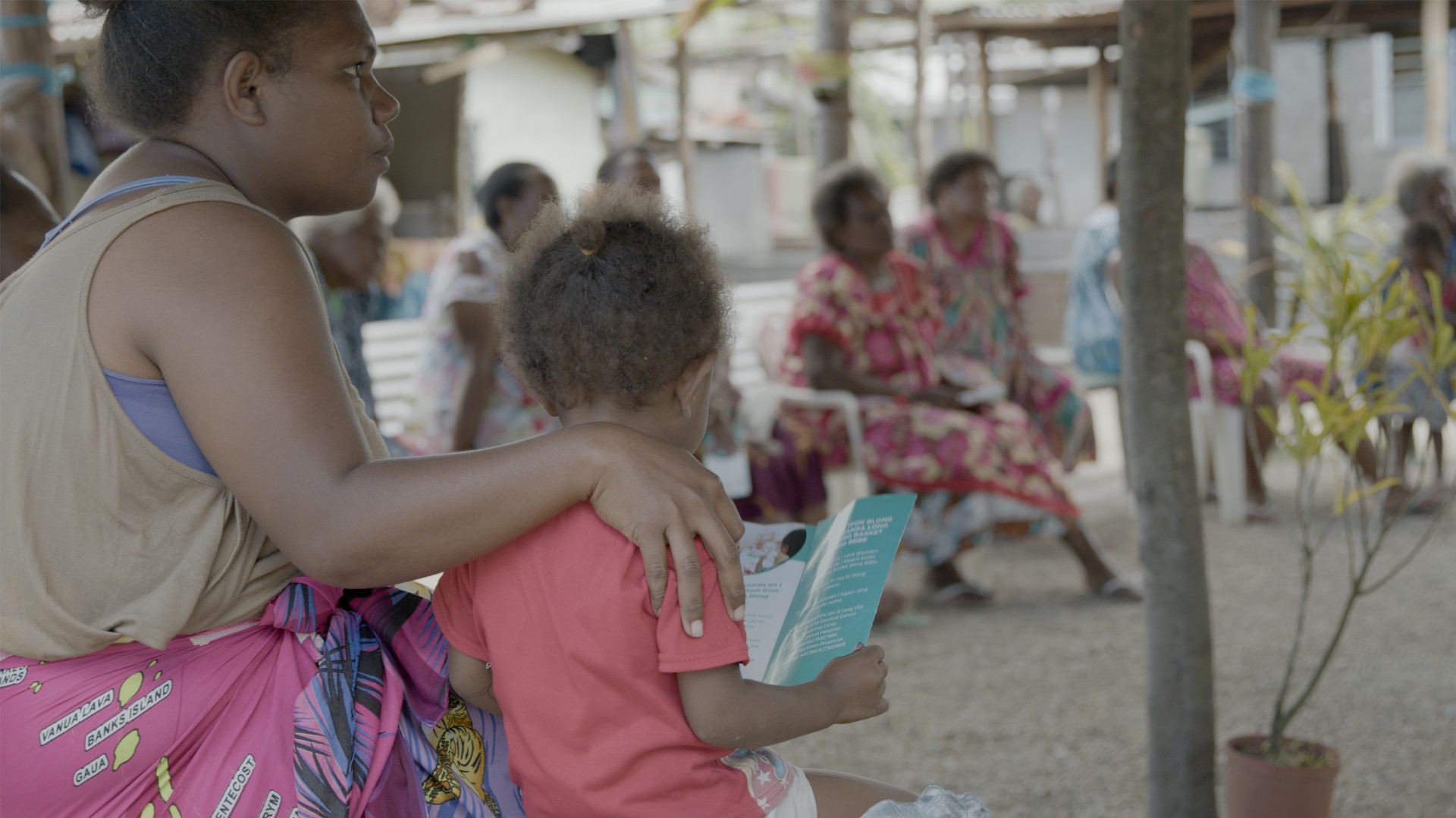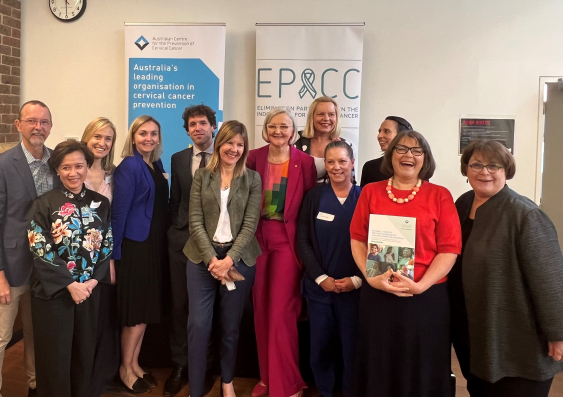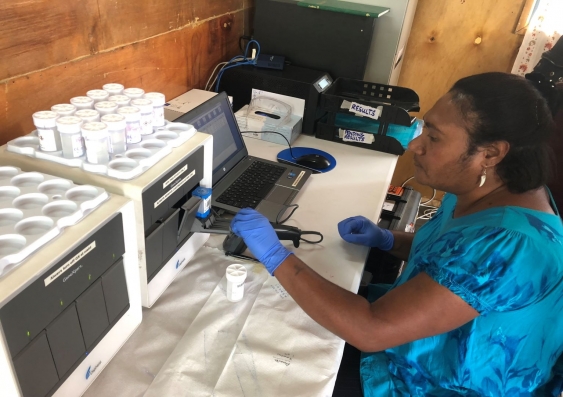The Kirby Institute at UNSW and Gavi, the Vaccine Alliance will work to scale HPV vaccination across Papua New Guinea.
A Memorandum of Understanding (MoU) to support integrating HPV vaccination into newly established cervical screening services in Papua New Guinea (PNG) has been signed between the Kirby Institute at UNSW Sydney and Gavi, the Vaccine Alliance.
Rates of cervical cancer in PNG are among the highest in the world, the World Health Organization says. Papua New Guinean women are up to 14 times more likely to die from cervical cancer than women in Australia.
The partnership between Gavi and the Kirby Institute will enable strategic planning, knowledge sharing, capacity building, advocacy and awareness, research and development and scaling and replication across all areas of HPV vaccination in Papua New Guinea.
A specific focus will be to explore opportunities to integrate vaccination and screening services, particularly through mobile community outreach services that have provided same-day HPV screening and treatment to half of the 24,000 women screened in Western Highlands Province.
The MoU was signed by Gavi Chief Executive Officer Dr Sania Nishtar and the Kirby Institute’s Director and UNSW Medicine & Health Professor Anthony Kelleher in Canberra last week. The agreement formalises the partnership, and will strengthen support to in-country partners and leaders to advance cervical cancer elimination in PNG.
Professor Kelleher said the MoU offered a unique opportunity to collaborate with Gavi.
“This MoU capitalises on the success of the cervical screening program spearheaded by our partners in Western Highlands. Together we can work to facilitate the early introduction of HPV vaccination across Papua New Guinea,” he said.
Dr Paulus Ripa, a paediatrician in PNG and Project Lead for the Eliminate Cervical Cancer in the Western Pacific Project (ECCWP), said there was an opportunity to build on the success and community acceptance of the cervical screening program in Western Highlands Province through the integration of HPV vaccination.
“Strategies that advance integration will promote equity of access, in particular for girls not attending school, underlining the Western Highlands Provincial Health Authority’s commitment to leave no girl or woman behind as cervical cancer elimination progresses,” he said.
The Kirby Institute has worked with partners in PNG and Australia since 2010 to co-design and evaluate strategies for cervical screening in PNG and other countries in the region. The work is deeply collaborative and involves partnerships with in-country leaders, health workers and communities.
An MoU was also signed between Gavi and key Kirby Institute partners in PNG and the region, the Australian Centre for the Prevention of Cervical Cancer (ACPCC). Both MoUs build on work being undertaken by the Elimination Partnership in the Indo-Pacific for Cervical Cancer (EPICC) program, which includes Australian partners the University of Sydney, Australian Centre for Prevention of Cervical Cancer (ACPCC), Family Planning Australia and the National Centre for Immunisation Research and Surveillance (NCIRS).
In 2022, Gavi revitalised its HPV vaccination program, dedicating additional targeted resources to enhance access and boost coverage of the vaccine in lower-income countries. Since then, the Alliance has made major strides helping to vaccinate 3.4 million girls across the region last year alone. From 2026-2030, Gavi plans to step up these efforts and seek to protect over 120 million girls across the world, saving 1.5 million lives.
Media enquiries
For enquiries about this story, please contact Lucienne Bamford.
Tel: +61 432 894 029
Email: lbamford@kirby.unsw.edu.au


